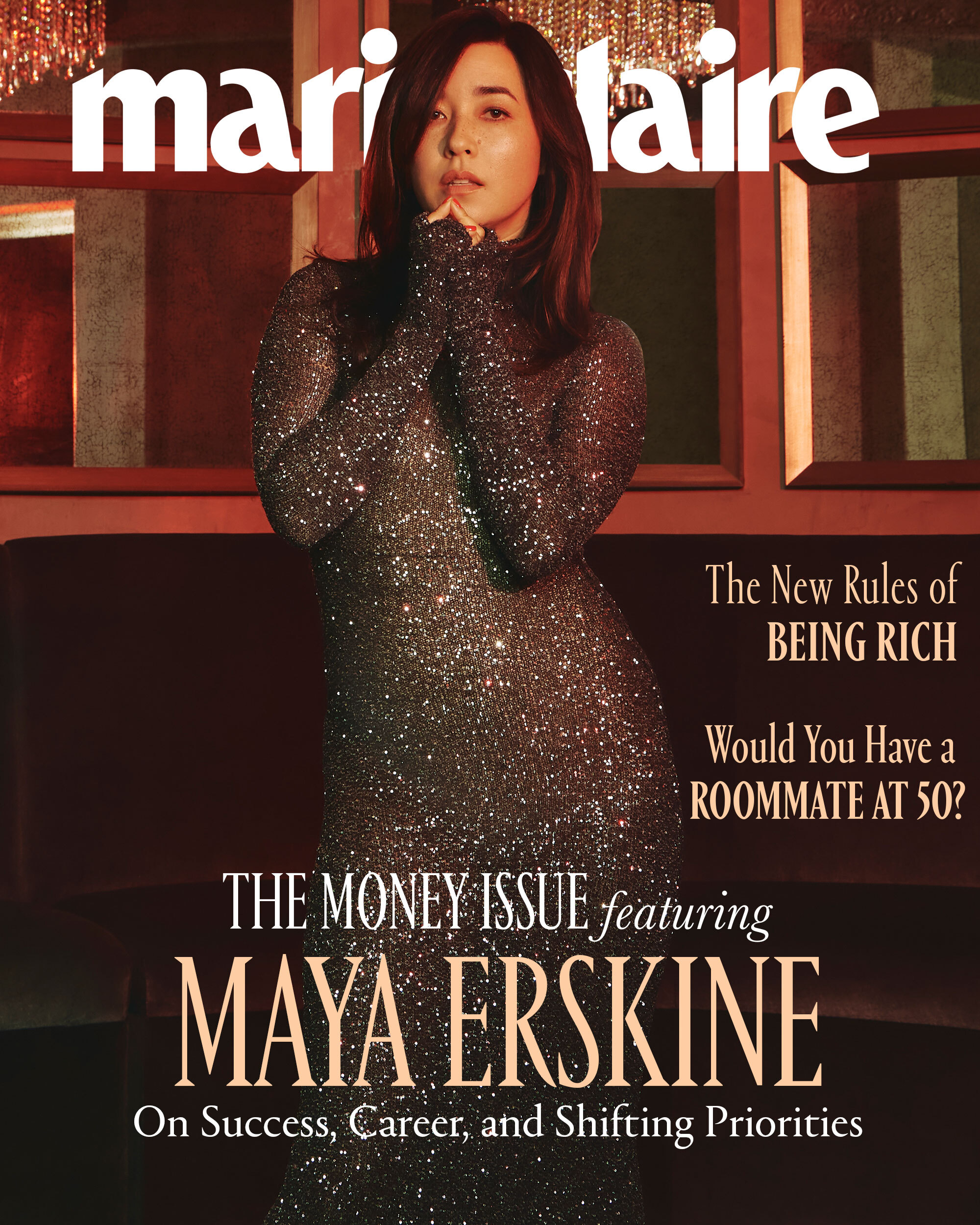“There’s This Underlying Idea That if I Make It, I’ll Be Everyone’s Ticket to Never Having to Worry”
As the daughter of immigrants, Sharon Pak—who was part of the founding teams behind ColourPop and Insert Name Here—was the first person in her family to become wealthy. Here, the beauty entrepreneur describes navigating that reality.
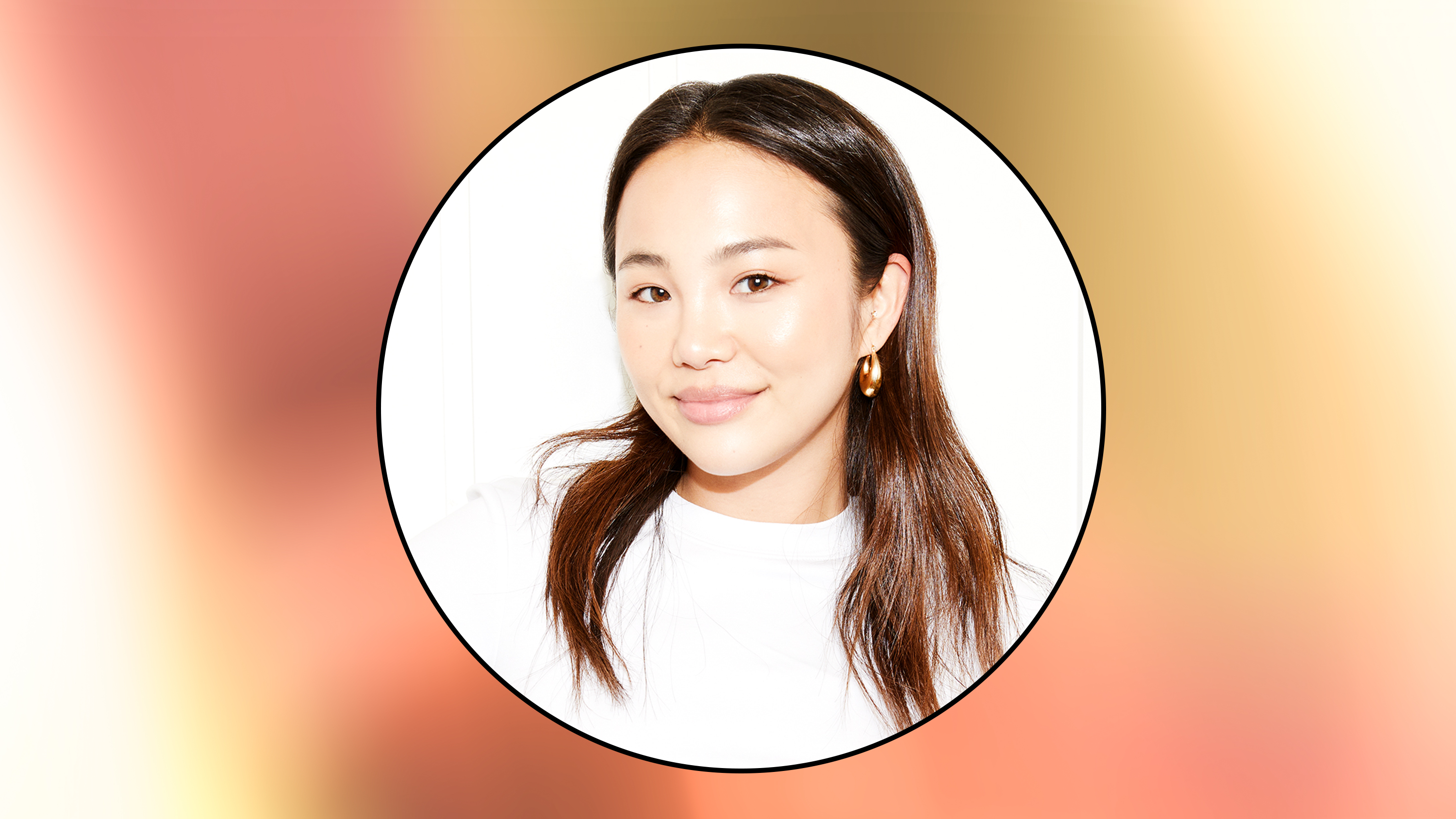
When my parents came to the United States from South Korea in their 20s, they had to learn English and acclimate fast. They settled in the Koreatown section of Los Angeles, where many fashion brands do business in the garment district. My mom basically worked in a sweatshop, sewing clothes in one of those factories. When she became a mother, it was hard for her to continue.
My dad was a truck driver whose job eventually moved us to Arizona when I was in grade school. He would give my mom $200 every month to buy groceries, cover school fees, supplies, and clothes. I vividly remember sweating in our hot apartment because it was too expensive to keep the air conditioner going, which was crazy in the desert heat. Sometimes I ask myself, how did we all grow up in that little two-bedroom apartment when there were five, sometimes seven of us, if relatives stayed? My school meals were comped by the state under a low-income plan. I was embarrassed to use it in front of my peers.
When I was 13, my dad passed away and my mom was on her own. She started her own flower shop and we got by on government assistance and food stamps.
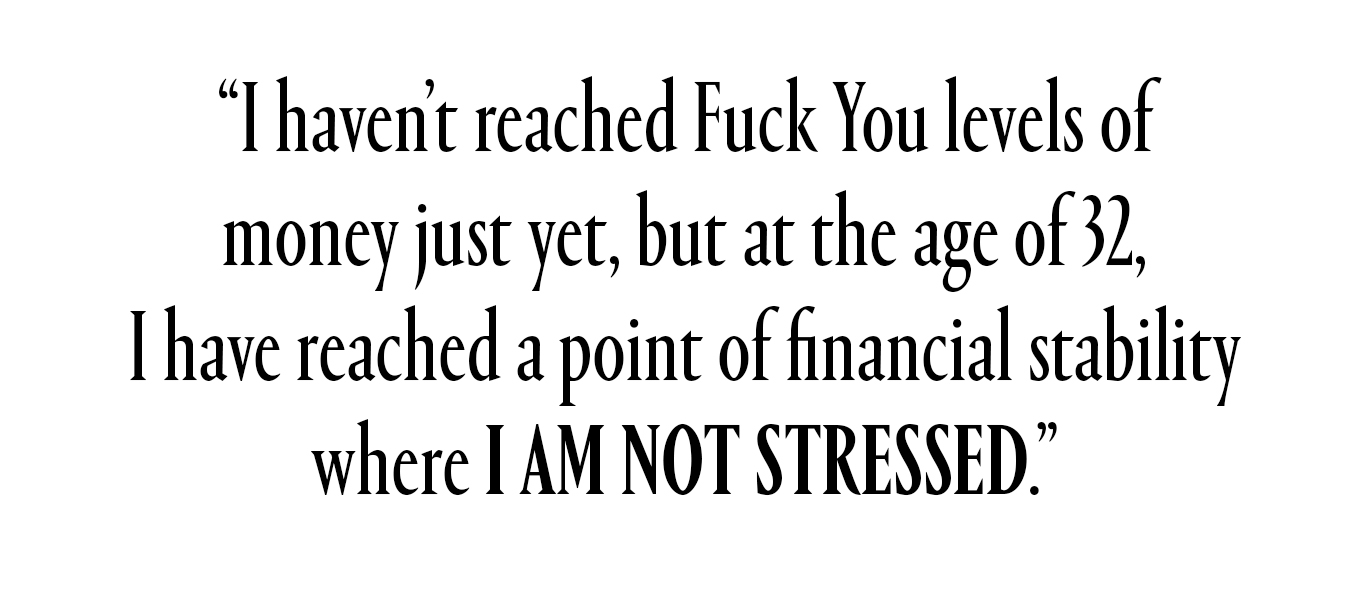
Neither of my parents graduated high school and my mom always viewed higher education as “the way out.” When it was time for college applications, I always thought I would go to the University of Arizona. It was close to home and affordable; I was my class valedictorian and they had awarded me scholarships. On a whim, I applied to NYU, Pepperdine, and The University of Chicago. I got into all three but high tuition made going to any of them unrealistic.
The week I was submitting paperwork for the University of Arizona, my mom called me into her bedroom and told me Pepperdine is where I belonged. It felt wrong. How could I go to this beautiful school by the beach when my family still lived where we started? It felt borderline selfish even though my mom gave me her blessing.
The true wealth gap didn’t cross my mind until college in California where I studied marketing and communications. All of a sudden I was surrounded by kids in fancy cars and designer clothes. I saw a level of wealth I never knew existed. I mostly hid my past for fear of being judged because it didn’t fit the wholesome Pepperdine mold. I remember one summer I was dating this extremely wealthy boy. Think Crazy Rich Asians. I learned he told one of his close friends he couldn’t be with me long-term because I came from a single-parent, low-income household. I got drunk at a bar that night and called my mom bawling, thanking her for everything she had done for our family. That comment lit a fire in me.
My first real job was at the cosmetics company Colourpop in 2014. ( It was part of Seed Beauty, the incubator that helped launch KKW Beauty and Kylie Cosmetics.) I started out at $17 an hour, but I advanced quickly. I became a marketing manager earning $80,000 a year. By the time I left, I was supervising the entire creative department making $120,000, which was a lot for me to wrap my head around.
Get exclusive access to fashion and beauty trends, hot-off-the-press celebrity news, and more.
In 2018, beauty investor Kevin Gould approached me and former ColourPop colleague Jordynn Wynn, to help him launch INH Hair, a haircare startup featuring vegan extensions, hot tools, and more. I invested my own savings for a minority stake.
It was a huge risk. But in our first year in business, INH pulled in $3 million in sales, then in 2020 we hit $17 million in net revenue. After debuting in Ulta in August in 2021, we exceeded $20 million in sales. I made the Forbes 30 Under 30 list that year. I haven’t reached Fuck You levels of money just yet, but at the age of 32, I have reached a point of financial stability where I am not stressed. My home is calming with lots of plants, and a huge upgrade from the apartments I grew up in. I paid off $200,000 in school loans. I gifted myself the latest Audi. I grew up watching my mom struggle, so for me, wealth is having peace of mind. I definitely have that.
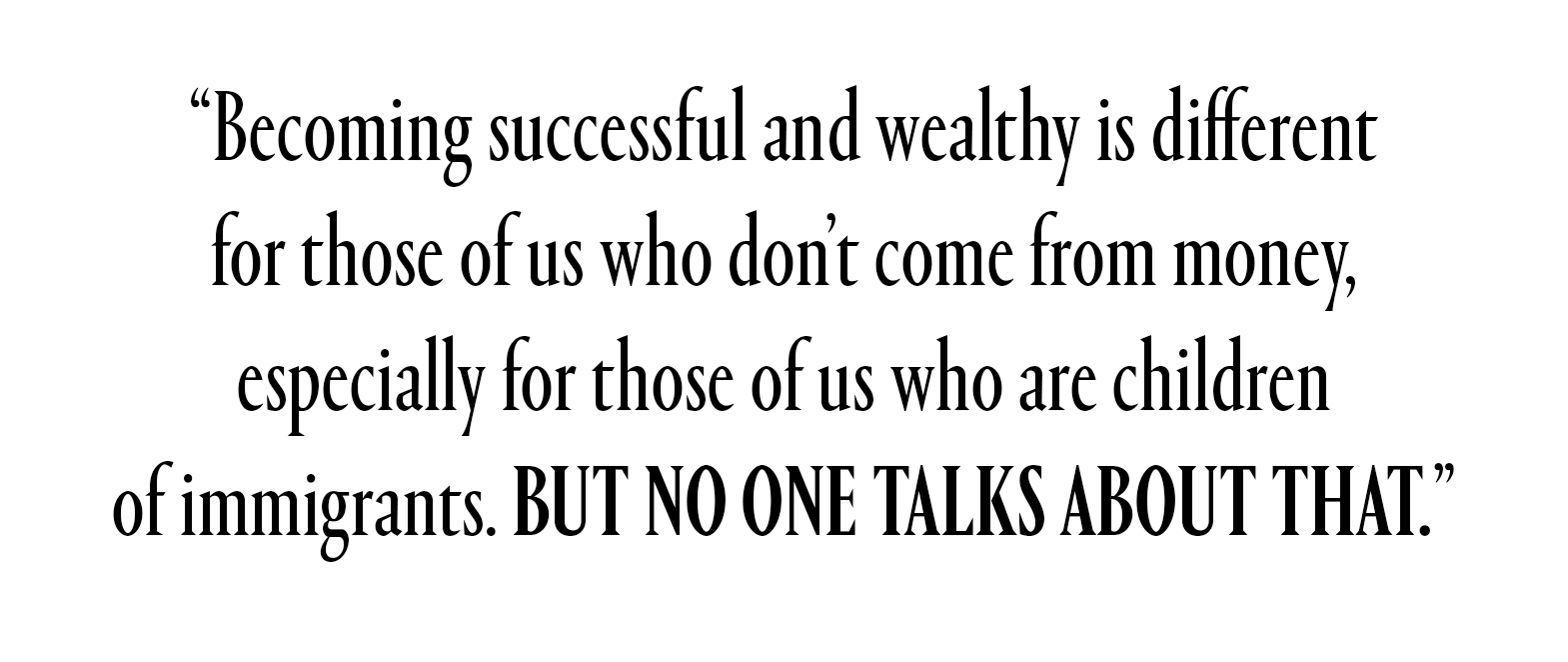
Becoming successful and wealthy is different for those of us who don’t come from money, especially for those of us who are children of immigrants. But no one talks about that. I’ve always had an unhealthy relationship with money. It was too scary to understand how it worked. I grew up with a scarcity mindset, and in a hide-your-money-under-a-mattress type of family. I had to learn the ins and outs, from overspending, to quickly learning my limits. I was jealous of friends who had people in their family and networks who taught them how to manage it from the start. I’m still learning how to invest.
In my case, there was so much sacrifice from the previous generation, so there is always an inner tension of wanting to do more. I am honestly uncomfortable giving my mother the full snapshot of my finances. My mom gave me so much selflessly but I am still in the wealth-building process where much of my net worth is still tied up in the business. I hold back what I have and where I am. I don't want to equate me not going out of my way to financially support her to me not loving her. I want to give my mom the world. Eventually my goal is to buy her a home.
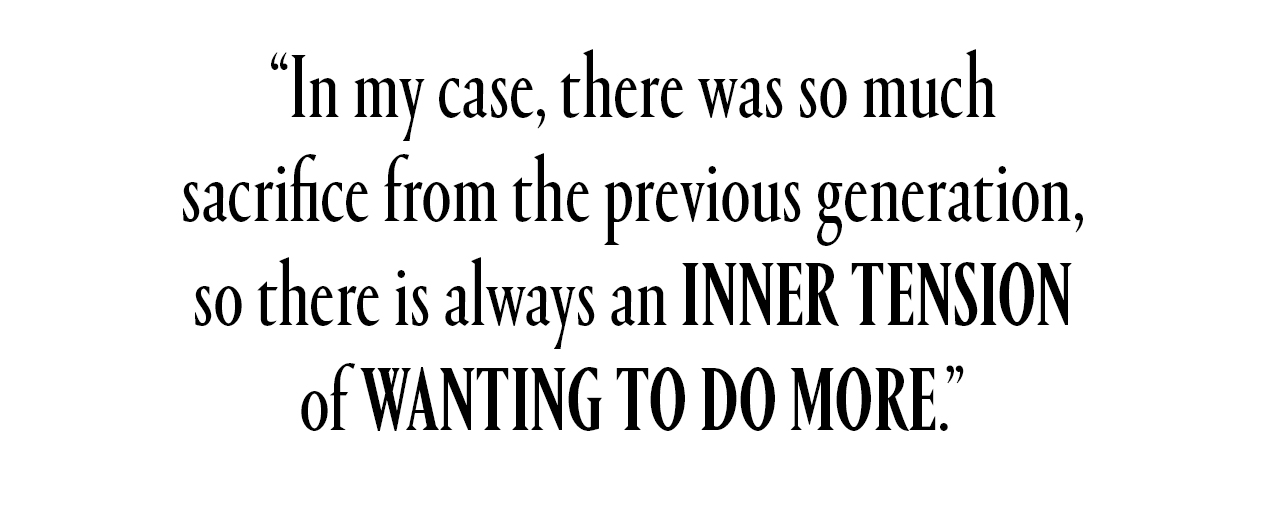
My success is my family’s success. I bought my mother a Lexus and bought my brother a Jeep. My mom is a fashionista so I love to buy her Chanel handbags. There are other payments and cell phone bills I gladly cover. Each year we go on a family vacation, something we never did when we were young. This year we went to Maui and I love that my mother gets to experience leisure in this chapter of her life.
Meanwhile my cousins and aunts see me as the bright star of the family and there’s a lot of hope riding on my success. To a certain degree, there’s this underlying idea that if I make it, I’ll be everyone’s ticket to never having to worry the way we did when we were young. The pressure is on but I signed up for this. I want to do this for her, for them. It’s that inner burden but also my inner pride.
